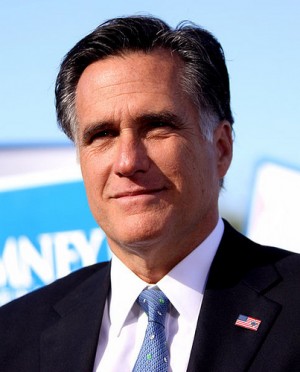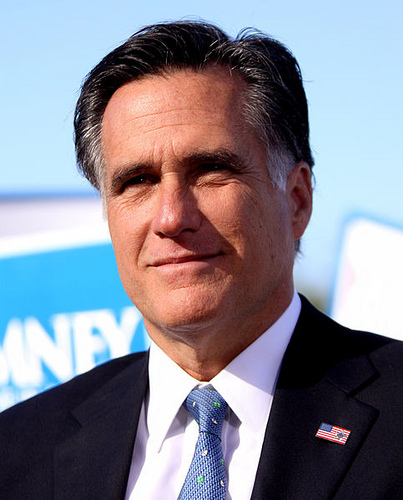
With unemployment remaining high for recent college graduates and the burden of student loan debt increasing all the time, it is crucial that young people make their voices heard politically whenever they can. The Republican primary process represents an opportunity for students to do just that. In this increasingly unpredictable election cycle, the Quad presents your Primary Primer.
It’s been a year since the 2011 Conservative Political Action Conference (CPAC) held a straw poll that represented the first – albeit symbolic – vote of the 2012 election. Ron Paul won the 2011 poll with thirty percent of the roughly 3,700 votes cast, Mitt Romney coming in second with twenty-three percent and the rest of the vote split between thirteen other potential candidates, almost all of whom have fallen from prominence as the race intensified.
This year, Romney won the straw poll with thirty-eight percent of the 3,400 votes cast, with Rick Santorum, fresh off three primary victories, pulling thirty-one percent of the vote. Newt Gingrich and Ron Paul both finished far behind, receiving fifteen and twelve percent of the vote, respectively.
The contrast between the results of this straw poll and last years’ are just a glimpse into the uncertainty that has plagued the Republican primary race. Based off of this years’ straw poll, the race seems to have coalesced behind Mr. Santorum and Mr. Romney. But three weeks ago, Mr. Gingrich was running a close second to Mr. Romney, polling just two percentage points behind in a January 25 CNN poll. Ron Paul is the only remaining candidate who has not won a primary, and even he has clinched second place in several contests.
A primary represents a traditional voting opportunity – voters stand in line to pull a lever or fill out a form. In caucuses, groups of voters gather to discuss the pros and cons of each candidate before an anonymous vote is held.
The last two weeks of February represent the longest break in primaries since voting began, and will provide an opportunity for campaigns and voters alike to regroup.
As it stands, five caucuses and three primaries have already taken place (not counting the Missouri primary, which was a largely symbolic vote prior to the state’s official caucuses in March). Mitt Romney has won half of those contests, securing wins in New Hampshire, Florida, Nevada, and most recently the Maine Caucuses. Rick Santorum has taken three states (Iowa, Colorado, and Minnesota) in addition to his non-binding win in Missouri. Newt Gingrich has only won in South Carolina, despite having garnered significant media attention throughout the campaign. Ron Paul has not come out ahead in any vote, but his second place showings in New Hampshire, Minnesota, and Maine are impressive considering that his Libertarian positions are not in line with much of the Republican base.
The candidates are now placing huge importance on Super Tuesday, the voting day with the most states. On March 6th, eleven states (including Massachusetts) will hold caucus primaries. Mr. Gingrich started campaigning in Ohio, a Super Tuesday state, in early February. By the time the state votes he will have been campaigning there for over a month. According to Reuters, Mitt Romney is not expected to do well in the South, and will instead focus on Midwest states, like Ohio and Michigan (where his father was a popular governor in the 1960’s). Mr. Santorum is hoping that his values message will play in the South. Mr. Gingrich could also do well there, having served as a congressman from Georgia while in the House.
All the strategizing could be for naught, because this primary season has proven more than usually unpredictable. Voters don’t seem to be able to make up their minds about which of these men could beat Barack Obama in November, despite more than a dozen televised debates and plenty of time to get to know the candidates. And with the campaign having turned negative weeks ago, it is not hard to find a fatal flaw in any candidate.
With the Massachusetts primary falling on Super Tuesday, BU students have plenty of time to decide. In the Massachusetts primary, voters registered as Republicans or who are listed as “unenrolled” (Massachusetts’ equivalent to independent) are allowed to vote in the Republican primary. Students who are registered to vote outside Massachusetts can check the rules in their home state regarding party affiliation and voting; states differ over whether voters not registered with the Republican Party can vote in primaries. Absentee ballots can be requested on line in most cases, and can be filled out and mailed ahead of time.


One Comment on “The Quad’s Republican Primary Primer”